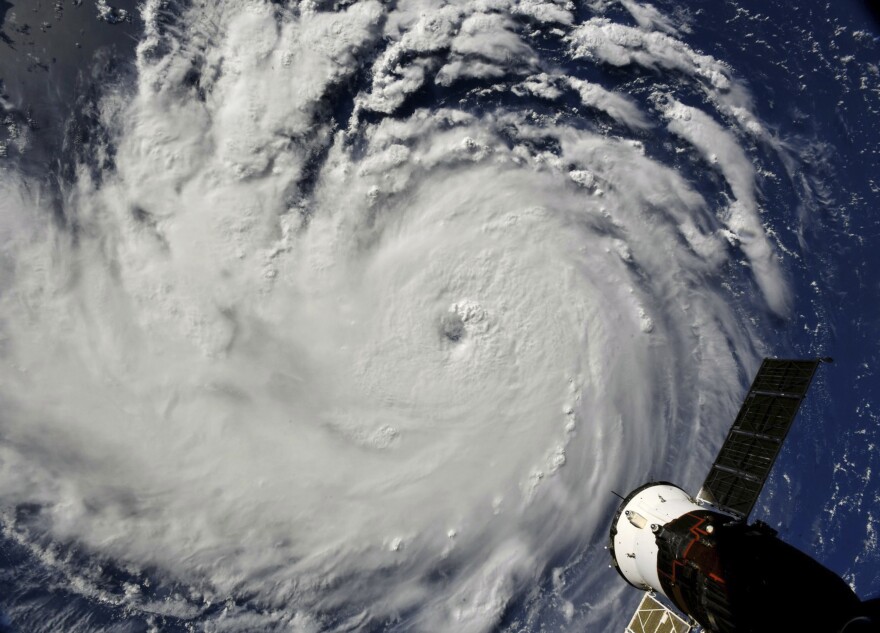When a hurricane is on the way, people are told to prepare for the worst. But when it’s over, if the effects were not as bad as expected, what happens next time around?
It’s not a problem with the forecasts, it's more of a problem with the nature of predictions themselves. Super computers can crunch millions of potential scenarios, but there’s always uncertainty about which way the winds will blow or how much rain will fall where you are.
“And uncertainties don’t mean not knowing," Robert Weiss says. "Uncertainties mean that we don’t know which path the future will take.” Weiss is associate professor of natural hazards at Virginia Tech’s Department of Geoscience and he often focuses on issues like these in an undergraduate course he teaches.
“I argue that we actually know a lot. The difference is that we just don’t know which scenario we will have, given the possibilities.”
Knowing what could happen is the key to handling what actually does happen. Even though there is no way to predict exactly which scenario will play out in Hurricane Florence or any other storm, understanding the potential outcomes should be enough for people to take them seriously.
Weiss recently completed a study on how climate change and sea level rise will supercharge future storms and cause more coastal flooding if nothing is done to address it.
This report, provided by Virginia Public Radio, was made possible with support from the Virginia Education Association.






